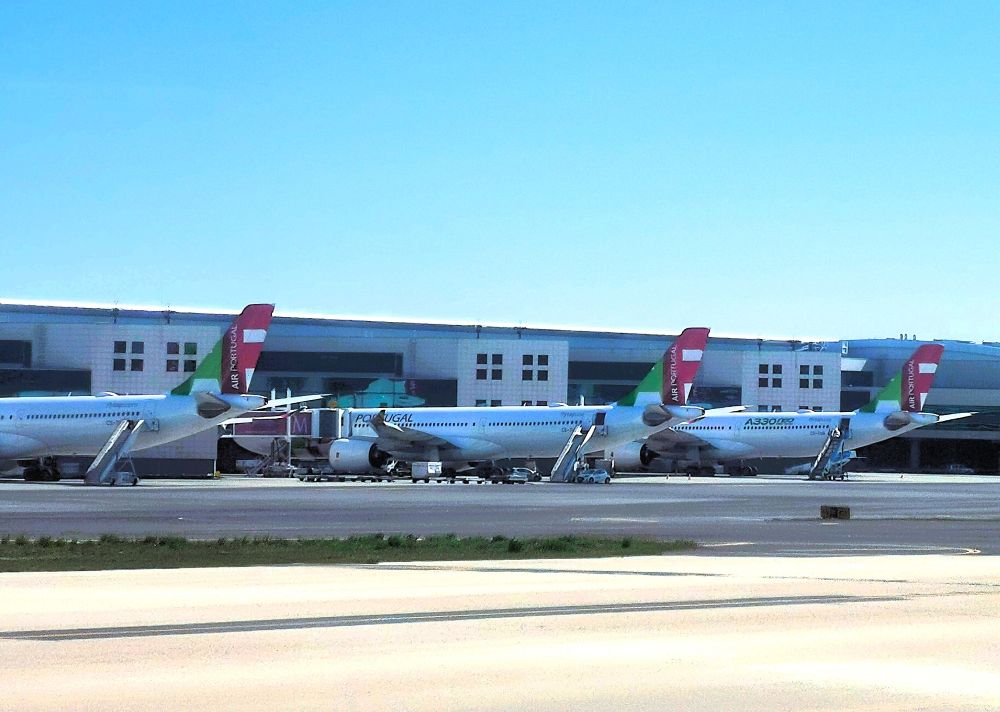Helsinki Airport is now carbon-neutral

The carbon footprint of Helsinki Airport is zero and it has received the international Airport Carbon Accreditation (ACA) certificate for this achievement.
"The largest airport solar power plant in the Nordic area is under construction at Helsinki Airport", said Mikko Viinikainen, Finavia’s sustainable development director.
The solar panels are in the process of being installed, and they are expected to be up and running by late summer. When operational, the power plant will have a total capacity of more than 500 kWp. It will supply almost 10 per cent of all the electricity required by the new terminal extensions at Helsinki Airport.
In July, Finavia started using renewable diesel fuel in vehicles operating at the airport. The buses travelling between the terminal and aircraft are fuelled by biodiesel produced entirely from waste and residue.
Through its network of 21 airports, Finavia is a key partner to the joint commitment of European airport companies under which there should be 100 carbon-neutral airports in Europe by the year 2030. The aim of the global aviation industry is to halve the emissions generated by international air traffic by the year 2050, despite the growth in the sector.
Key measures under Finavia’s climate programme for the year 2020:
- Use of wind power
- Construction of a solar power plant
- Airport vehicles fuelled by renewable diesel
- Purchase of eco-friendly vehicles
- Substantial increase in LED lighting
- Use of pellet fuels and geothermal energy as heat sources
- Offsetting and purchasing emissions units from voluntary markets
- Eco-friendly construction (including BREEAM certification for the new terminals)
- Ensuring that the other companies operating at airports are committed to
Valere Tjolle
@ValereTjolle
Valere
Have your say Cancel reply
Subscribe/Login to Travel Mole Newsletter
Travel Mole Newsletter is a subscriber only travel trade news publication. If you are receiving this message, simply enter your email address to sign in or register if you are not. In order to display the B2B travel content that meets your business needs, we need to know who are and what are your business needs. ITR is free to our subscribers.








































Airlines suspend Madagascar services following unrest and army revolt
Airbnb eyes a loyalty program but details remain under wraps
Qatar Airways offers flexible payment options for European travellers
Air Mauritius reduces frequencies to Europe and Asia for the holiday season
Major rail disruptions around and in Berlin until early 2026